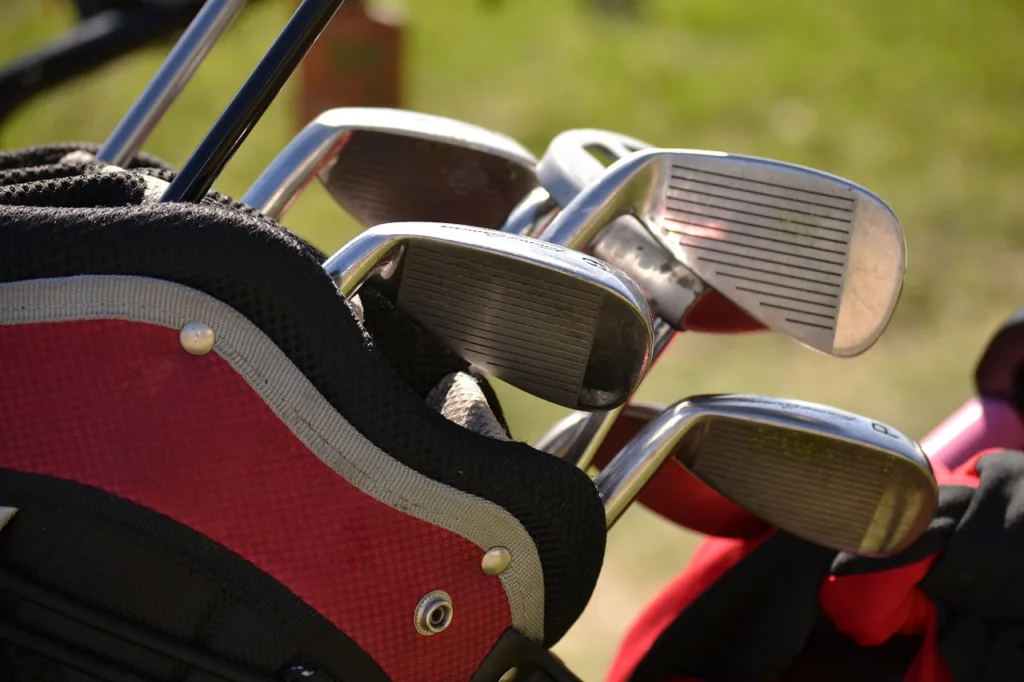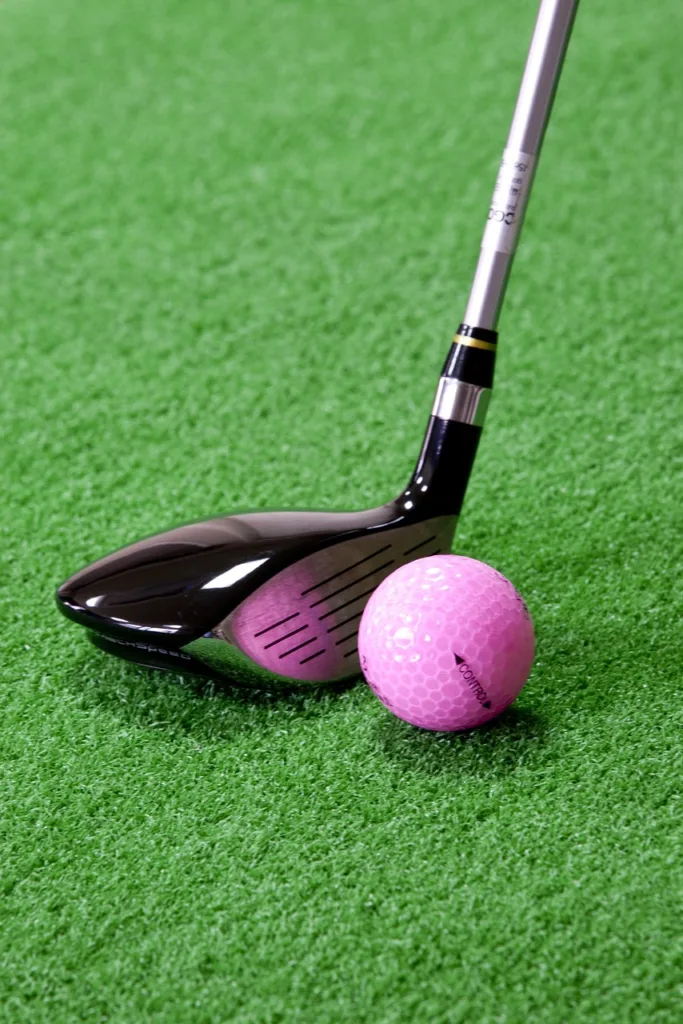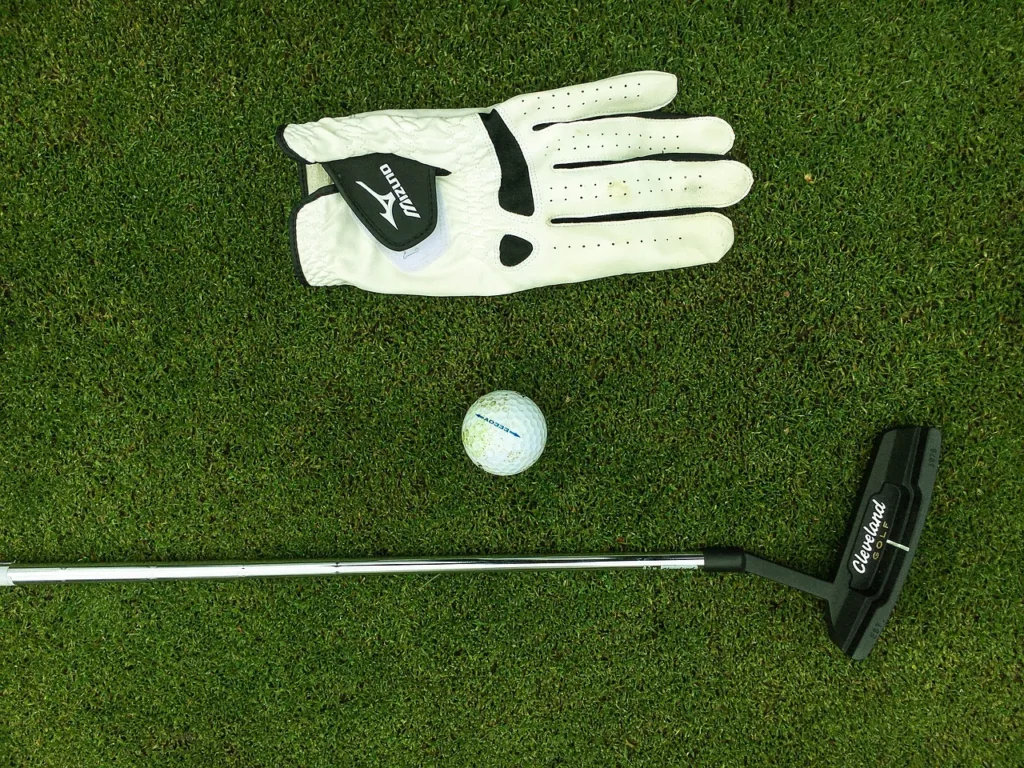Golf is a sport that requires precision, skill, and the right equipment. One of the most crucial aspects of a golfer’s arsenal is their choice of clubs. Golf clubs come in various shapes and sizes, each designed for a specific purpose on the course. In this article, we will delve into the world of golf clubs, exploring the different types available, their uses, and how they can impact your game.
Introduction to Golf Clubs
Golf clubs are the tools of the trade for any golfer. They are meticulously designed to help players achieve different shots on the course. Understanding the various types of clubs and their unique features is essential for improving your game.

Woods: Power and Distance
Understanding Driver Clubs
The driver, often referred to as the “1-wood,” is designed for maximum distance off the tee. It has a large clubhead and a long shaft, allowing golfers to generate significant clubhead speed and power.
Fairway Woods: Versatility on the Fairway
Fairway woods, including the 3-wood and 5-wood, are versatile clubs used primarily for long shots from the fairway. They offer a balance between distance and control.

Irons: Precision and Accuracy
Types of Irons
Irons come in various numbers, including 3-9, and are designed for accuracy and control. Lower-numbered irons provide more distance, while higher-numbered irons offer more loft.
Wedges: The Short-Game Specialists
Wedges, such as pitching wedges and sand wedges, are indispensable for short shots, including chipping and bunker play. They provide excellent control around the green.

Hybrids: Bridging the Gap
Hybrid clubs combine the characteristics of woods and irons. They are designed to make long shots easier and are particularly useful for golfers who struggle with traditional long irons.
Putters: The Final Stroke
Putters are used on the putting green to roll the ball into the hole. They come in various shapes and styles, allowing golfers to find one that suits their putting stroke.
Choosing the Right Golf Club
Consider Your Skill Level
Your skill level should influence your choice of clubs. Beginners may benefit from more forgiving clubs, while advanced players might prefer clubs that offer greater control.

Analyzing the Course
The type of course you play on also impacts club selection. Courses with narrow fairways and lots of hazards may require more accurate clubs, while wide-open courses favor distance.
Custom Fitting: Tailoring Clubs to You
Custom fitting involves adjusting the clubs to match your physical attributes and swing characteristics, ensuring the best possible performance.
Maintaining Your Golf Clubs

Cleaning and Storage
Proper care of your golf clubs is essential for longevity. Regular cleaning and appropriate storage can prevent rust and damage.
Regular Club Inspections
Periodic inspections of your clubs can help identify and address any issues such as bent shafts or loose grips.
Improving Your Swing with the Right Clubs
Grip and Posture
The way you hold the club and your posture significantly affect your swing. Proper technique, combined with the right clubs, can lead to better results.
The Role of Shaft Flexibility
Shaft flexibility impacts the trajectory and accuracy of your shots. Understanding how different shafts affect your game is essential.
Notable Golf Club Brands
Several reputable brands manufacture high-quality golf clubs. Some of the most renowned brands include Titleist, Callaway, TaylorMade, and Ping.
The Future of Golf Clubs
Advancements in technology continue to shape the golf club industry. From materials to design, we can expect exciting innovations in the world of golf equipment.
Conclusion
Choosing the right golf clubs is a crucial aspect of improving your golf game. Understanding the types of clubs available and their purposes can help you make informed decisions to enhance your performance on the course.
Similar Articles
Best Hiking Shoes Available for Women
Best Hiking Shoes Available for Men
FAQs
How many clubs can I have in my golf bag?
Most golfers are allowed to carry up to 14 clubs in their bag.
What’s the difference between a regular and stiff shaft?
Stiff shafts offer less flex and are typically better suited for golfers with faster swing speeds.
Do I need to buy a complete set of clubs as a beginner?
Not necessarily. Beginners can start with a partial set and gradually add more clubs as their skills improve.
Can left-handed golfers find clubs designed for them?
Yes, most golf club manufacturers offer left-handed versions of their clubs.
Are there age-specific golf clubs for junior players?
Yes, junior golf clubs are designed to accommodate the needs of younger players, taking into account their height and swing speed.
In conclusion, golf clubs play a vital role in your performance on the golf course. Choosing the right clubs, maintaining them properly, and honing your skills can lead to a more enjoyable and successful golfing experience. So, go ahead, swing with confidence, and enjoy the game!









